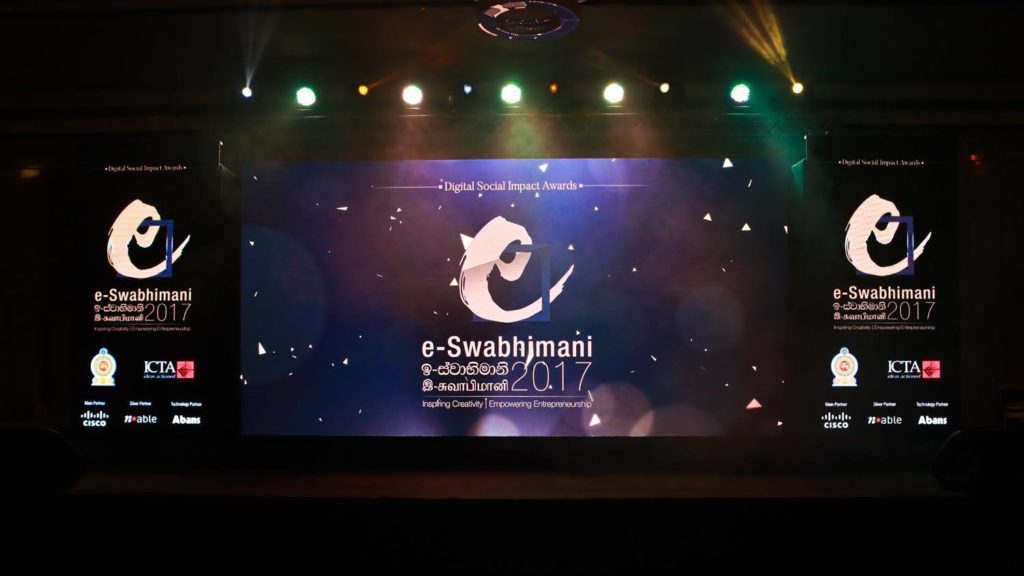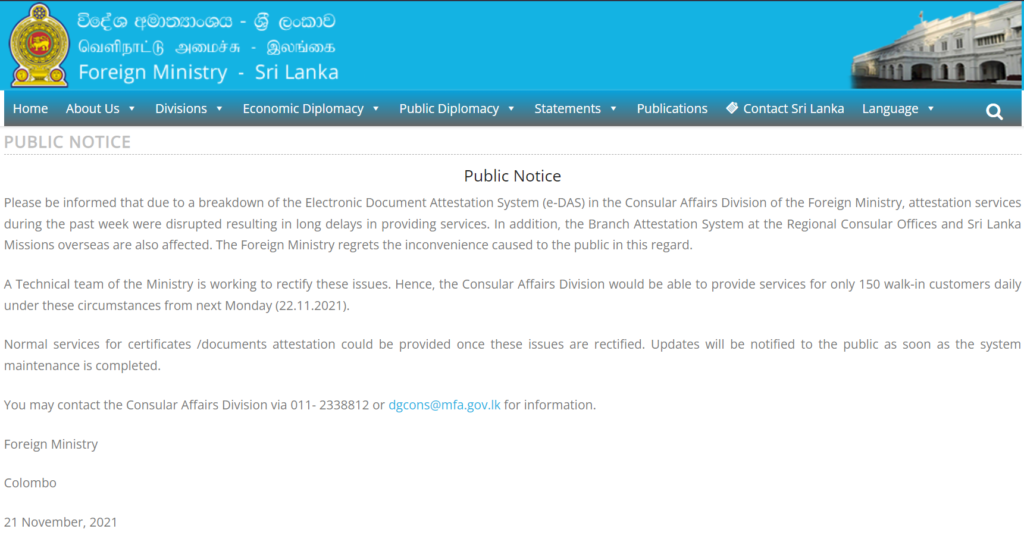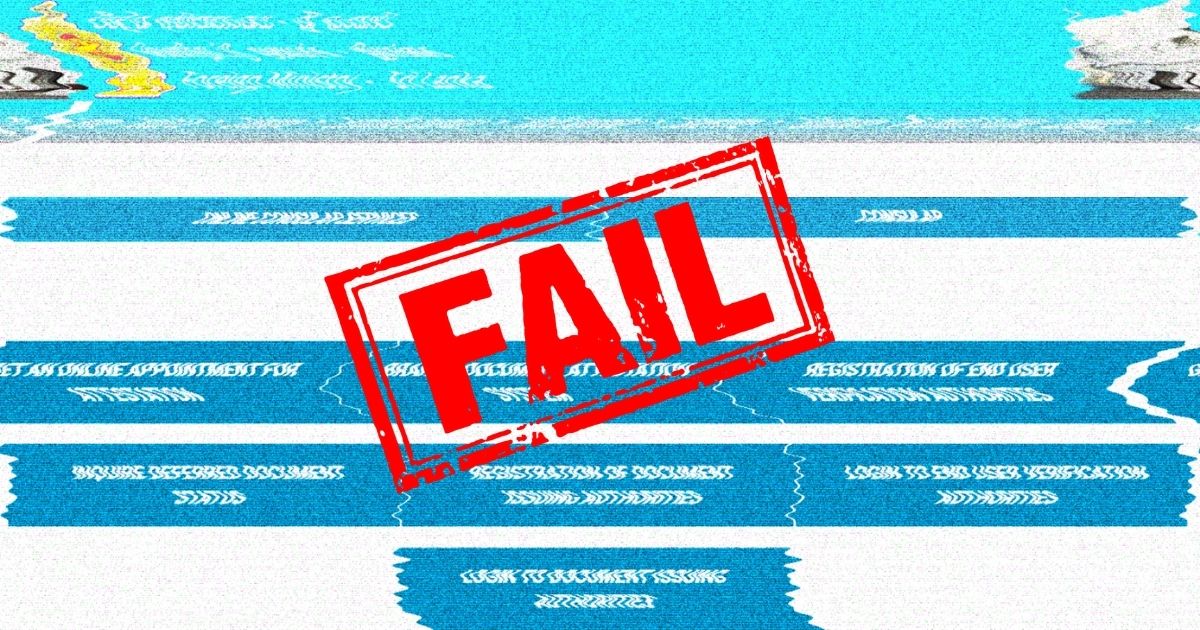A breakdown of the Foreign Ministry’s Electronic Document Attestation System (e-DAS) has been causing uproar recently. The system offers online document attestation services through the Ministry’s Consular Affairs Division. In addition to e-DAS, the Branch Attestation System at the Regional Consular Offices and Sri Lanka Missions overseas are also affected. The breakdown meant that hundreds of Sri Lankans who are looking to travel overseas for employment were left stranded. To make matters worse, the Division announced that it will only be able to process 150 walk-in visitors per day starting 22 November.
Clearly, the crowd wasn’t pleased. After all, it’s a little more than an inconvenience when Sri Lankans by the hundreds had to wait at the Consular Affairs office for hours. For a significant number of these communities, seeking employment overseas is less of a choice and more of a way of earning a viable living wage. A system crash of this nature in a time where people in noticeable numbers are looking to migrate isn’t ideal by any means.
Wait, what’s e-DAS?
This is a system that was introduced a few years ago in hopes of improving the efficiency and operational costs incurred when handling document attestation by the Ministry of Foreign Affairs. The idea is that the public would essentially spend very little time at a single service desk.
The system connects to the Document Issuing Authorities (DIAs) through the “Lanka Government Network (LGN)”. The DIAs would then submit scanned original documents and confirm the applicant’s via biometrics. All authenticated documents are uploaded to the “Lanka Government Cloud”.
Afterward, the authentication confirmation is printed at the front desk counter and fees will be charged from the applicant from the same. At least that’s the theory of it.

This document attestation system was incidentally a winner at ICTA’s e-Swabhimani 2017 under the Government & Citizen Engagement category. In it, the Jurors’ evaluation mentions that e-DAS improved the service delivery to citizens and that it’s “a remarkable achievement the government is committed to guarantee”. It also goes on to mention that “re-engineering the government services by implementing mechanisms such as eDAS can create a drastic impact on the national economy.” Unfortunately, the present situation isn’t as rosy as that evaluation makes it out to be.
Not the first time
But this isn’t the first time that e-DAS has been giving problems. Back in October 2019, the system slowed down to the point that the Consular Affairs Division had to limit daily visitors to 500. The system slowdown meant that it took more time to upload authenticated documents. Thus congesting all the services offered via the Consular Affairs Division.
Unfortunately, the issue isn’t one that’s unique to the Ministry of Foreign Affairs either. Back in October, issuing of vehicle revenue licenses was suspended for two weeks in the Western Province. This was owing to a system update/breakdown. Not the most ideal setting for the public amid a pandemic and lockdowns.
Like oil and water
It’s no secret that governments have a sketchy history with regards to eGovernment services. Whether it’s a national contact tracing app or a document attestation service, projects of this scale rarely come across without any hiccups. This is an expectation with almost any large-scale system. But when the general public inadvertently becomes beta testers and the government actively presses for a digital economy, the question becomes, do we have our digital priorities in order?

To be fair, the budget speech 2022 did specify proposals on a number of digital government initiatives. Most notably on the digitalization of the current taxation system and the judicial process. Digitalization efforts are already underway with regard to judicial processes. A recent announcement stated that an online payment facility for traffic offenses is in the works.
That being said, much of the initiatives lies in the actual implementation itself. It’s definitely a welcome direction to take at a national level. But as this e-DAS incident and history have shown us, it’s hard not to be skeptical about things. Here’s hoping the ambitions of a promising Digital Sri Lanka get translated into actual reality. If not, it will be the general public at the receiving end.







GIPHY App Key not set. Please check settings